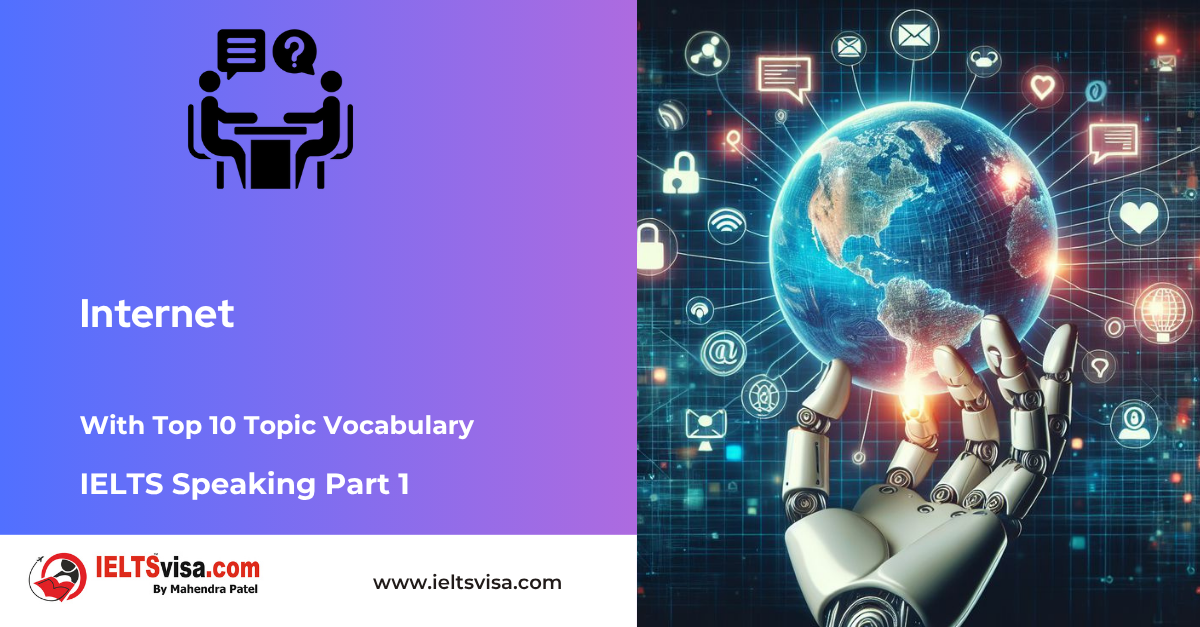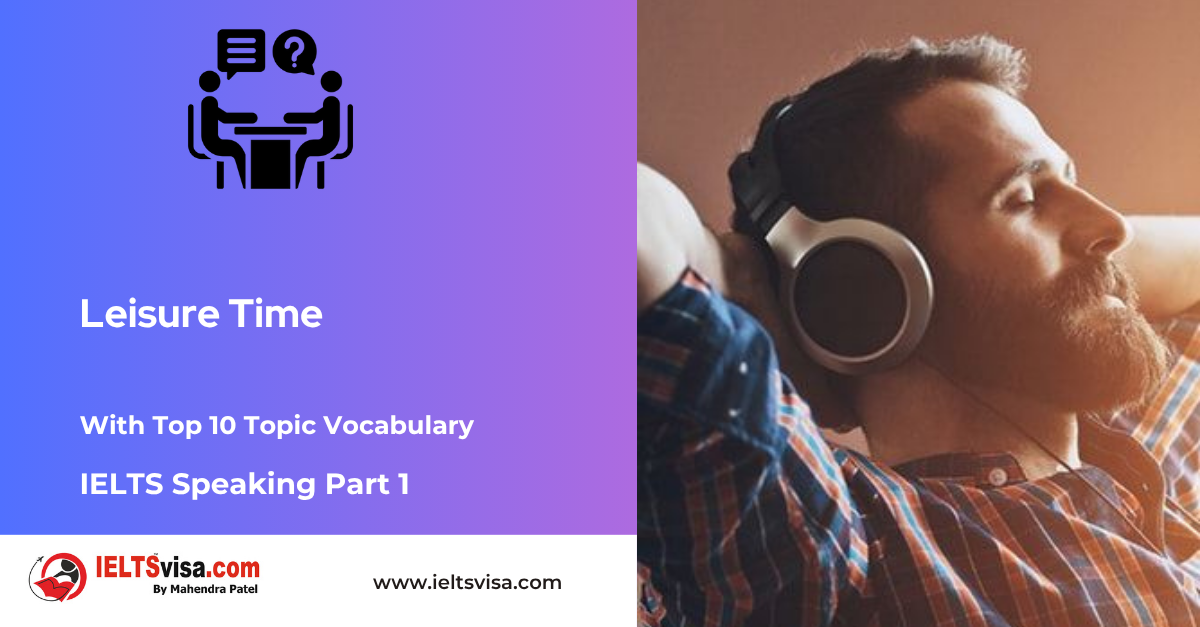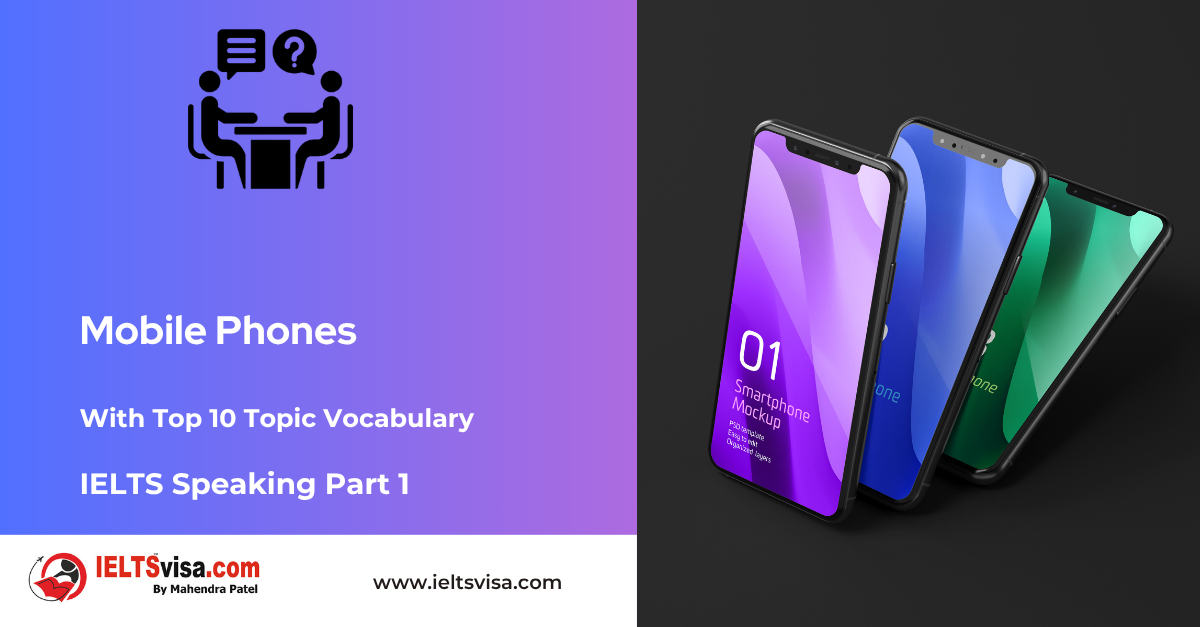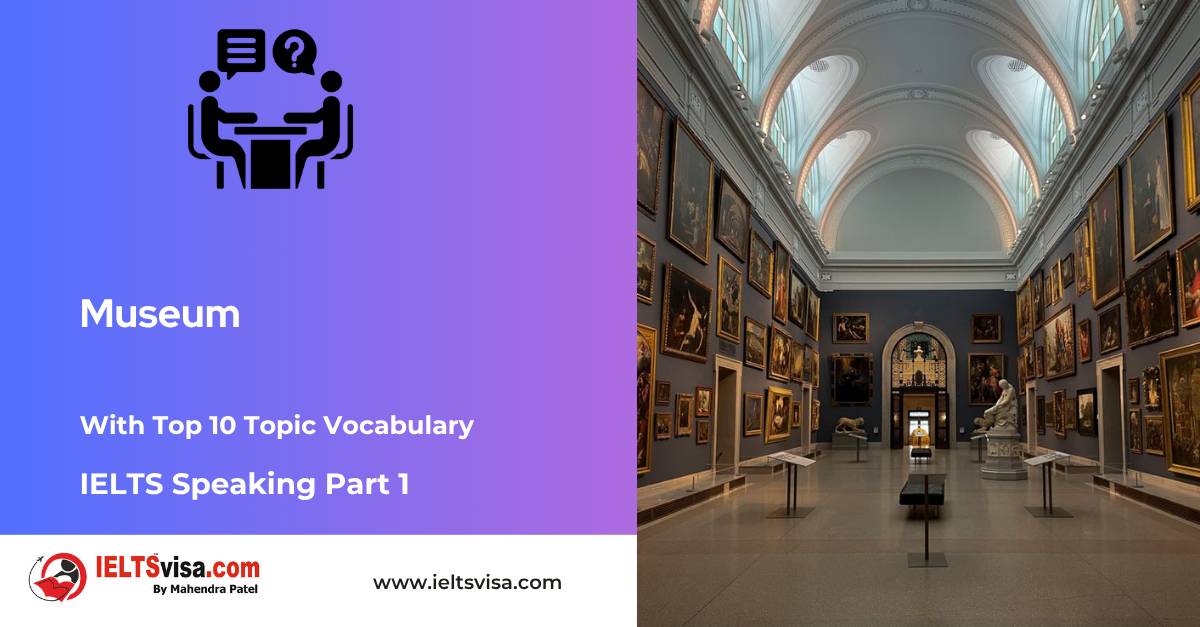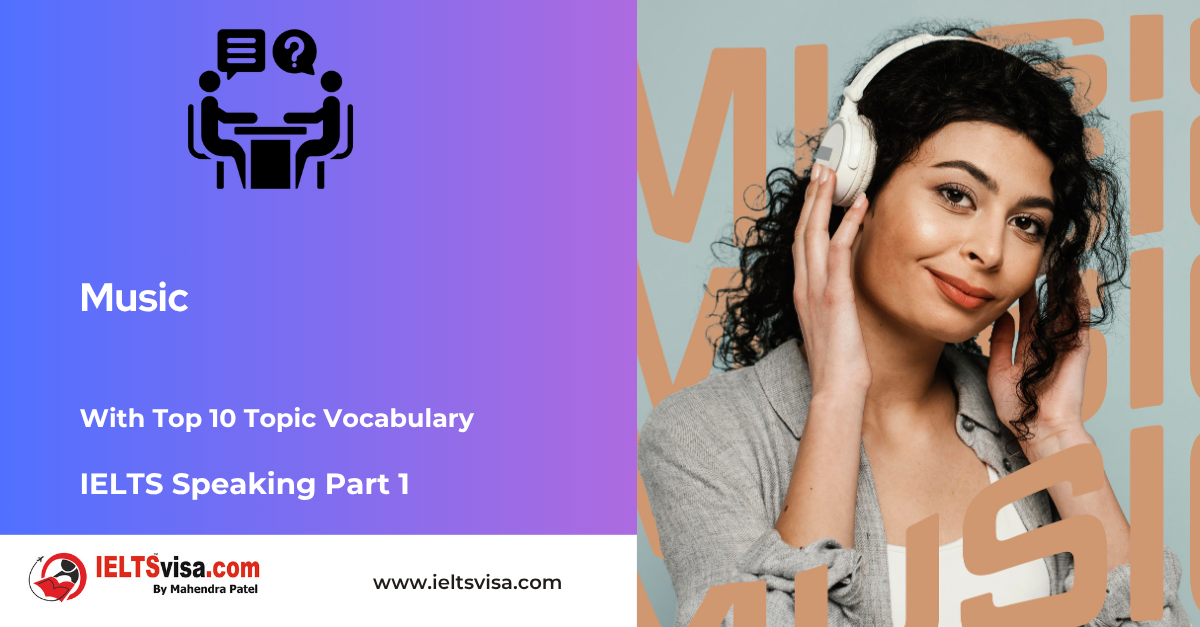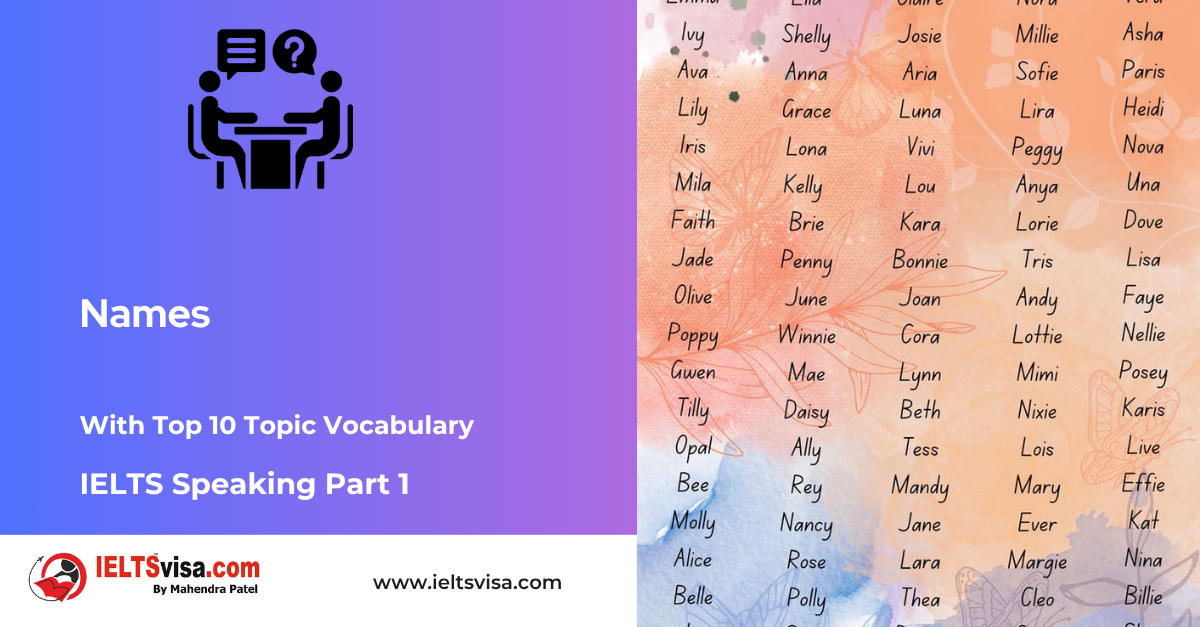IELTS Speaking Part 1 – Mirrors
IELTS Speaking Practice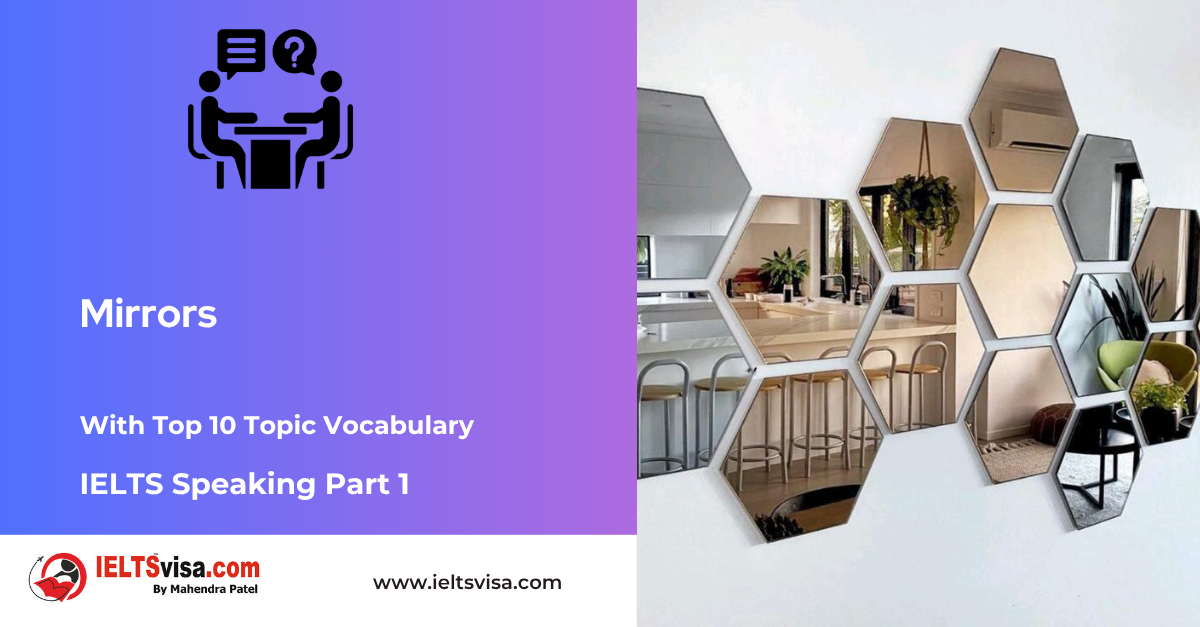
IELTS Speaking Part 1 – Mirrors
Examiner: Do you often look at yourself in the mirror?
Candidate: I often look at myself in the mirror, especially in the morning when I get ready for the day and before I go out.
Examiner: What do you use mirrors for?
Candidate: I use mirrors mainly for grooming purposes, like brushing my hair, applying makeup, or checking my outfit.
Examiner: Do you think mirrors are useful?
Candidate: Mirrors are handy for personal grooming, ensuring you look presentable, and even for interior decoration to make spaces look larger.
Examiner: Have you ever bought a mirror?
Candidate: I have bought a mirror before, mainly for my bedroom and bathroom, to help with daily grooming tasks.
Examiner: Where do you usually put mirrors in your house?
Candidate: I usually place mirrors in the bathroom, bedroom, and near the entrance so I can quickly check my appearance before leaving the house.
Examiner: Do you think mirrors can be considered as decorative items?
Candidate: Mirrors can be beautiful decorative items, adding elegance and a sense of space to any room.
Examiner: How do mirrors affect the way people see themselves?
Candidate: Mirrors can affect self-perception by allowing people to see their appearance and make adjustments, which can influence their confidence and self-esteem.
Examiner: Have you ever seen a very old mirror?
Candidate: I have seen ancient mirrors, often in antique shops or museums, and they usually have unique, ornate frames and a vintage look.
Examiner: Do you think mirrors have changed over time?
Candidate: Mirrors have changed significantly over time, both in terms of manufacturing techniques and design styles, becoming more versatile and decorative.
Examiner: How important are mirrors to you?
Candidate:Mirrors are quite important for daily grooming and ensuring I look presentable. Still, they also add aesthetic value to my living space.
Examiner: Do you have any mirrors in your bedroom?
Candidate: I have a mirror in my bedroom, which is very convenient for checking my appearance and getting ready each day.
Examiner: How often do you clean your mirrors?
Candidate: I clean my mirrors regularly, at least once a week, to keep them free of smudges and looking clear.
Examiner: Do you prefer large mirrors or small ones?
Candidate: I prefer large mirrors as they provide a better view of my entire appearance and can also make the room look more spacious.
Examiner: Have you ever used a magnifying mirror?
Candidate: I have used a magnifying mirror, which is particularly useful for tasks that require precision, like applying makeup or shaving.
Examiner: Do you think mirrors can be a good gift?
Candidate: Mirrors can be a great gift, especially decorative ones, as they are both functional and stylish.
Examiner: Have you ever broken a mirror?
Candidate: I have accidentally broken a mirror before. It was unfortunate, but I replaced it soon after.
Examiner: Do you believe in the superstition about breaking a mirror?
Candidate: I’m aware of the superstition that breaking a mirror brings seven years of bad luck, but I don’t personally believe in it.
Examiner: How do mirrors affect interior design?
Candidate: Mirrors can significantly enhance interior design by creating an illusion of more space, reflecting light, and adding decorative elements to a room.
Examiner: What kind of mirrors do you think are the most attractive?
Candidate: I find mirrors with unique, stylish frames or those with an antique look to be the most attractive, as they add character to a space.
Examiner: Do you like seeing your reflection in mirrors?
Candidate: Generally, yes. I like seeing my reflection in mirrors as it helps me ensure I’m looking my best and ready for the day.
Top 10 Topic Vocabulary for “Mirrors”
|
Vocabulary |
Type |
Meaning |
Synonyms |
Antonyms |
Word Family |
Example Sentences |
|
Grooming |
Noun |
The act of preparing oneself for appearance |
tidying, primping, sprucing up |
groom |
Mirrors are useful for grooming. Mirrors help you get ready and prepare for the day. |
|
|
Presentable |
Adjective |
Appearing neat and tidy |
respectable, decent, presentable |
presentably |
I want to look presentable before I go out. I want to look neat and tidy before I go out. |
|
|
Aesthetic |
Adjective |
Relating to or concerned with beauty |
artistic, beautiful, visually |
aesthetically |
Mirrors can be aesthetically pleasing. Mirrors can be beautiful and visually appealing. |
|
|
Ornate |
Adjective |
Elaborately decorated |
decorated, embellished, adorned |
ornamentation |
I saw an ornate mirror in an antique shop. I saw a mirror with a beautiful and intricate design in an antique shop. |
|
|
Versatile |
Adjective |
Able to do many different things |
adaptable, flexible, adaptable |
versatility |
Mirrors are a versatile accessory. Mirrors can be used for many different purposes, such as grooming, decoration, and even creating an illusion of space. |
|
|
Reflection |
Noun |
The process of reflecting light or sound |
mirroring, reflection, mirroring |
reflect |
Mirrors reflect light. Mirrors reflect light and images. |
|
|
Illusion |
Noun |
A false idea or belief that something is real when it is not |
delusion, fantasy, hallucination |
illusory |
Mirrors can create an illusion of space. Mirrors can make a room appear larger than it actually is. |
|
|
Character |
Noun |
The distinctive personality or quality of a person or thing |
nature, personality, disposition |
characterized |
Mirrors can add character to a room. Mirrors can add personality and style to a room. |
|
|
Superstition |
Noun |
A belief that something is true or will happen, even though there is no scientific reason to believe it |
belief, myth, fallacy |
superstitious |
Some people believe in the superstition about breaking a mirror. Some people believe that breaking a mirror brings bad luck. |
|
|
Enhance |
Verb |
Increase or further improve the quality or value of something |
improve, augment, strengthen |
enhancement |
Mirrors can enhance the look of a room. Mirrors can make a room look better and more attractive. |

Our Books
Master IELTS Speaking Part 1
IELTS Writing Task 1 Book
IELTS Writing Task 2 Book
Practice IELTS Other Modules
IELTS Listening
The IELTS Listening test assesses how well you can understand spoken English in various contexts. It lasts about 30 minutes and is divided into four sections with a total of 40 questions. The listening tasks become increasingly difficult as the test progresses.
IELTS Academic Reading
The IELTS Academic Reading section assesses your ability to understand and interpret a variety of texts in academic settings. It is designed to evaluate a range of reading skills, including skimming for gist, reading for main ideas, reading for detail, understanding inferences, and recognizing a writer's opinions and arguments.
IELTS Speaking
The IELTS Speaking test assesses your ability to communicate in English on everyday topics. It lasts 11-14 minutes and consists of three parts: introduction, cue card, and a discussion based on the cue card topic.
IELTS General Reading
IELTS General Reading tests your ability to understand and interpret various types of texts. Here are some key areas and types of content you can expect to encounter in the reading section, along with tips for effective preparation.
IELTS Academic Writing Task 1
In IELTS Academic Writing Task 1, you are presented with a visual representation of information, such as graphs, charts, tables, or diagrams, and you are required to summarize, compare, or explain the data in your own words.
IELTS General Writing Task 1
In IELTS General Writing Task 1, you are required to write a letter based on a given situation. The letter can be formal, semi-formal, or informal, depending on the prompt. Here’s a breakdown of the key components to include in your letter
IELTS Academic Writing Task 2
In IELTS Academic Writing Task 2, you are required to write an essay in response to a question or topic. Here’s a guide to help you understand the essential elements of this task
IELTS Exam Tips
To succeed in the IELTS exam, practice regularly, familiarize yourself with the test format, improve your vocabulary, develop time management skills, and take mock tests to build confidence.
Grammer for IELTS
Grammar is the foundation of effective communication in English. Understanding tense usage, subject-verb agreement, and sentence structure enhances clarity and coherence in writing and speaking.
Vocabulary for IELTS
Vocabulary plays a crucial role in the IELTS (International English Language Testing System) exam, especially in the Speaking and Writing sections. Here’s an overview of why vocabulary is important and how it impacts your performance
RECENT IELTS SAMPLES QUESTIONS AND ANSWERS
IELTS Speaking Part 1 – Internet
IELTS Speaking Part 1 - Internet Examiner: Do you use the Internet? Candidate: Absolutely! The Internet has...
IELTS Speaking Part 1 – Leisure Time
IELTS Speaking Part 1 - Leisure Time Examiner: How do you usually spend your leisure time? Candidate: I enjoy...
IELTS Speaking Part 1 – Mobile Phones
IELTS Speaking Part 1 - Mobile Phones Examiner: Do you have a mobile phone? Candidate: Absolutely! Mobile...
IELTS Speaking Part 1 – Museum
IELTS Speaking Part 1 - Museum Examiner: Do you like visiting museums?Candidate:Absolutely! Museums offer a...
IELTS Speaking Part 1 – Music
IELTS Speaking Part 1 - Music Examiner: Do you like listening to music?Candidate: Yes, I love listening to...
IELTS Speaking Part 1 – Names
IELTS Speaking Part 1 - Names Examiner: How did your parents choose your name?Candidate: There are a few...

